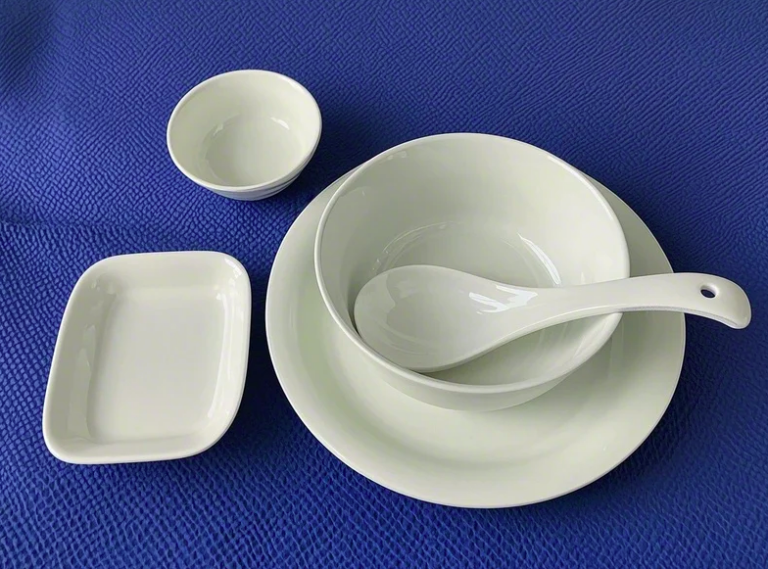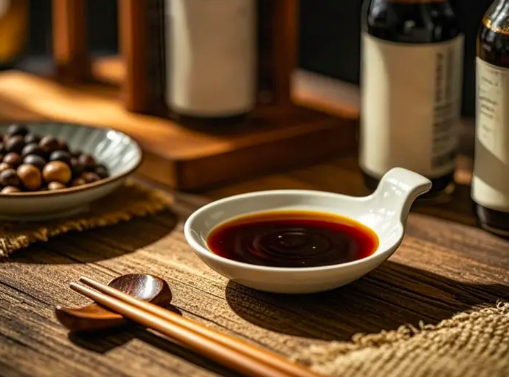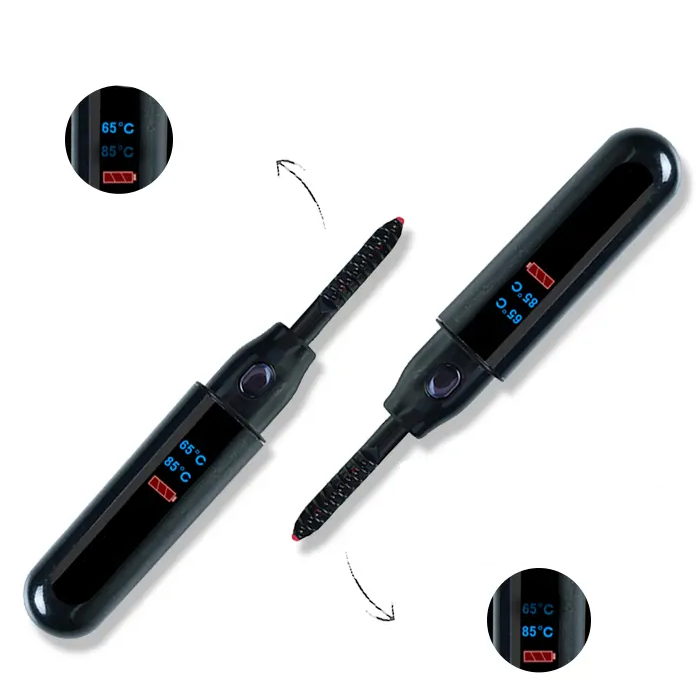目录
ToggleChoosing the right soy sauce manufacturer is critical for businesses in the food industry, as the quality of soy sauce directly impacts the flavor and safety of culinary products. A reliable manufacturer ensures consistency, compliance with food safety standards, and the ability to meet specific customer demands. This article provides a structured approach to selecting a high-quality soy sauce manufacturer, while also exploring related considerations such as production capacity and sustainability.
Key Factors to Evaluate in a Soy Sauce Manufacturer
- Production Capacity and Scale
When selecting a soy sauce manufacturer, it is essential to assess their production capabilities. A manufacturer with a large-scale operation, such as an annual output of over 10,000 tons, is often better equipped to handle bulk orders without compromising quality. Additionally, advanced production facilities, such as automated fermentation tanks and bottling lines, indicate a commitment to efficiency and consistency.
- Quality Certifications and Compliance
A reputable soy sauce manufacturer should hold internationally recognized certifications, such as ISO 22000 for food safety management and HACCP (Hazard Analysis Critical Control Point). These certifications ensure that the manufacturer adheres to strict hygiene and safety standards. For example, a study by the Food and Agriculture Organization (FAO) highlights that manufacturers with HACCP certification reduce contamination risks by up to 70%.
- Ingredient Sourcing and Transparency
The quality of soy sauce heavily depends on the raw materials used. A trustworthy manufacturer will source non-GMO soybeans and high-quality wheat, and they should be transparent about their ingredient origins. For instance, some manufacturers use soybeans with a protein content of at least 40%, which enhances the umami flavor profile of the final product.
Additional Considerations Beyond Manufacturing
- Customization Options
A good soy sauce manufacturer should offer customization to meet specific client needs. This includes adjusting salt content (typically ranging from 12% to 18%), creating gluten-free variants, or developing organic soy sauce. Customization ensures that the product aligns with the target market’s preferences and dietary requirements.
- Sustainability Practices
With increasing consumer demand for eco-friendly products, manufacturers should demonstrate sustainable practices. For example, some manufacturers utilize energy-efficient fermentation processes or recycle wastewater, reducing their environmental footprint. A manufacturer that invests in sustainability not only appeals to environmentally conscious consumers but also aligns with global trends in responsible production.
- Market Reputation and Client Feedback
Finally, evaluating a manufacturer’s reputation is crucial. Look for client testimonials, case studies, or industry awards. A manufacturer with a strong track record, such as supplying to well-known brands or receiving accolades for product quality, is more likely to deliver reliable results.
Conclusion
Selecting the right soy sauce manufacturer requires a thorough evaluation of production capacity, quality certifications, ingredient sourcing, customization options, sustainability practices, and market reputation. By prioritizing these factors, businesses can ensure they partner with a manufacturer that delivers high-quality, safe, and sustainable soy sauce products. This not only enhances the end product but also strengthens brand credibility in a competitive market.
0








